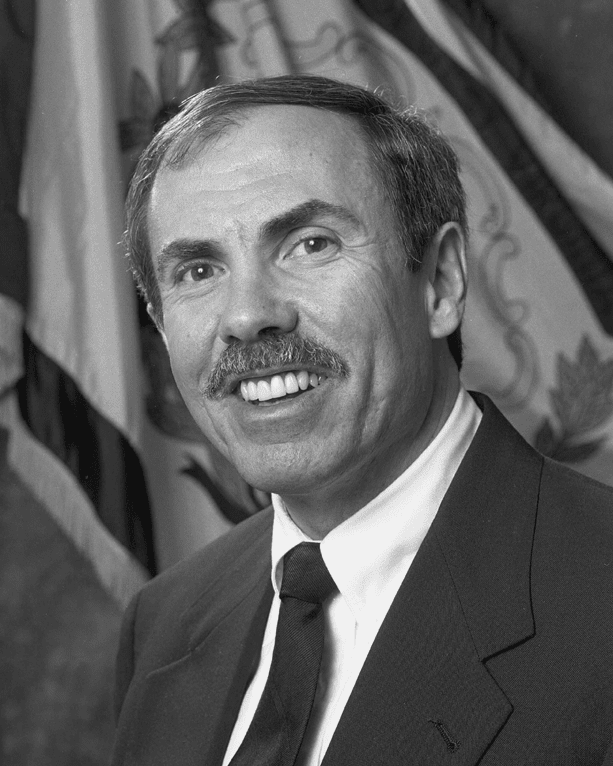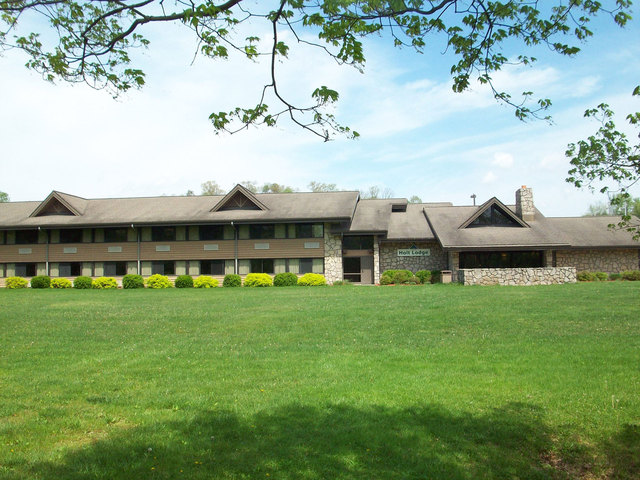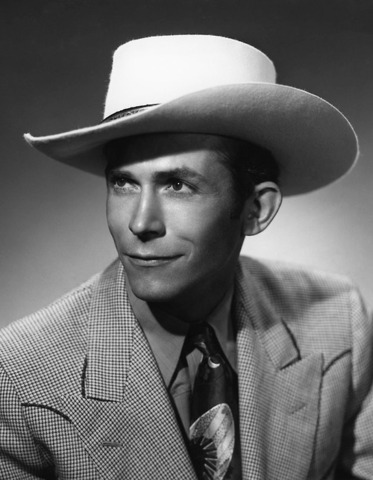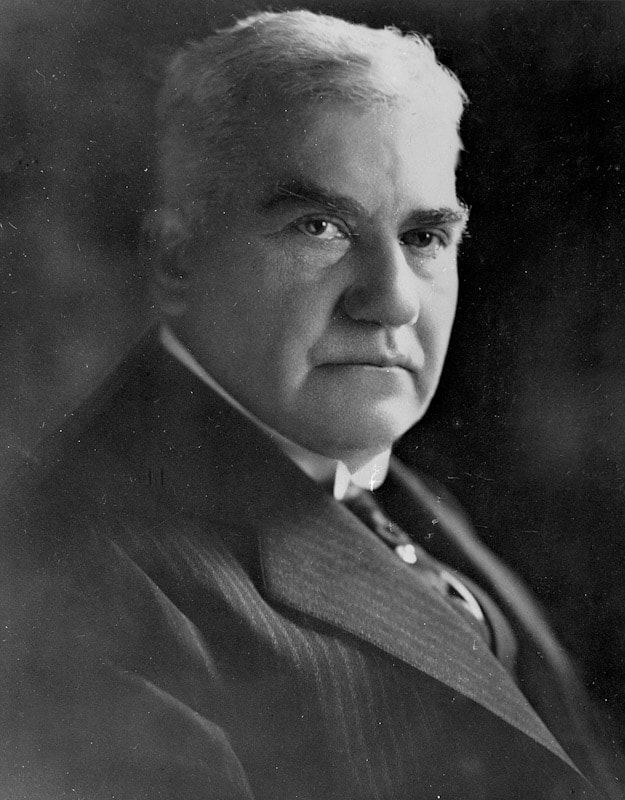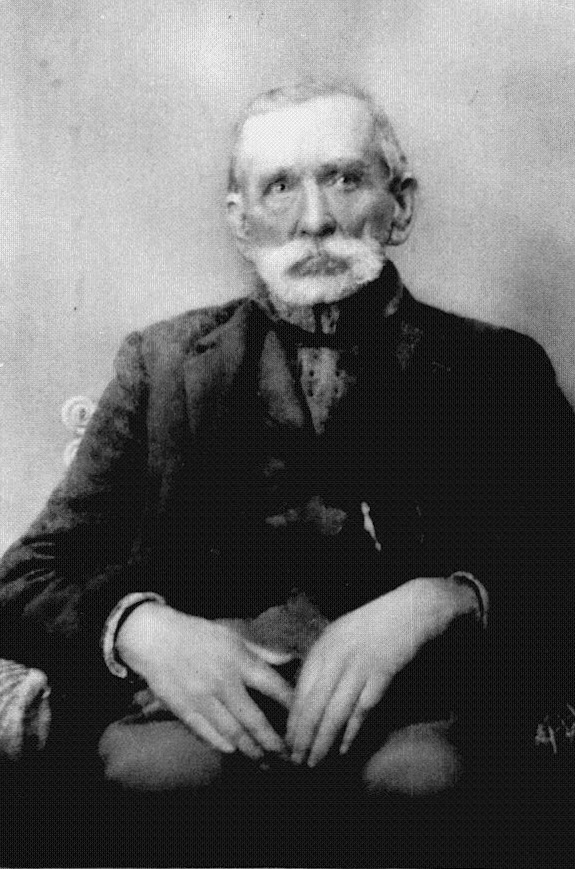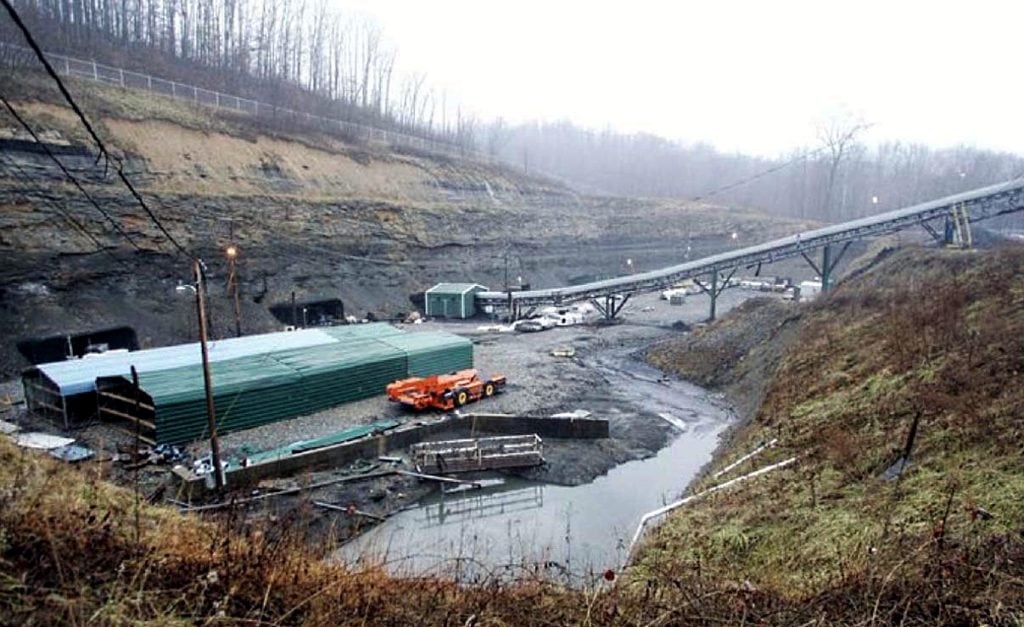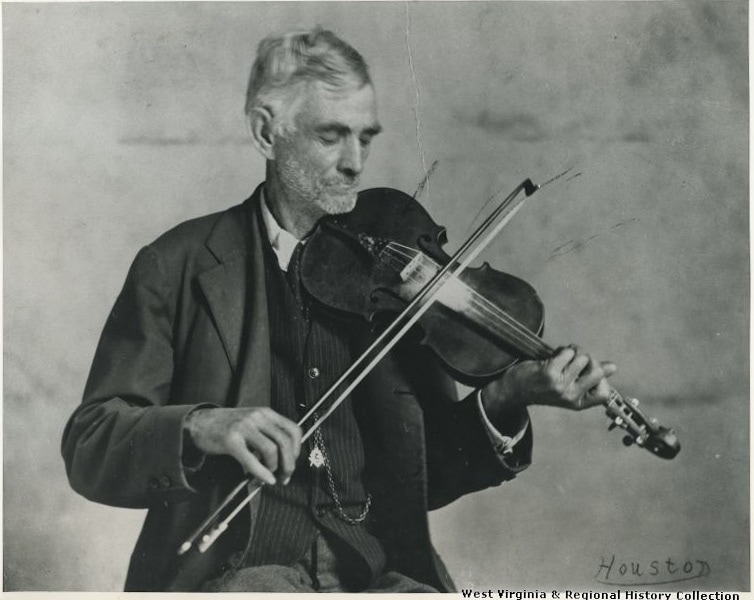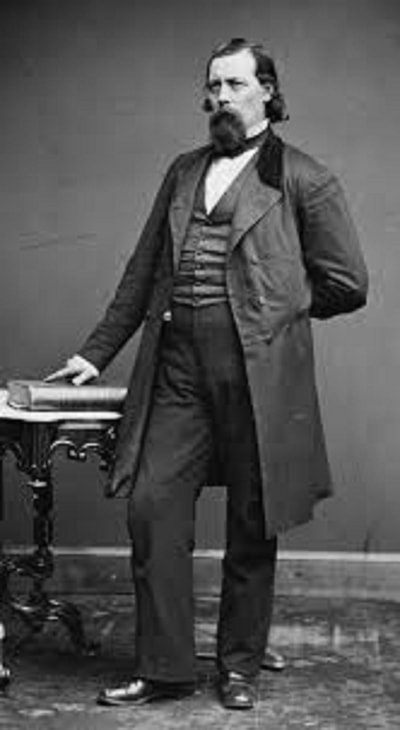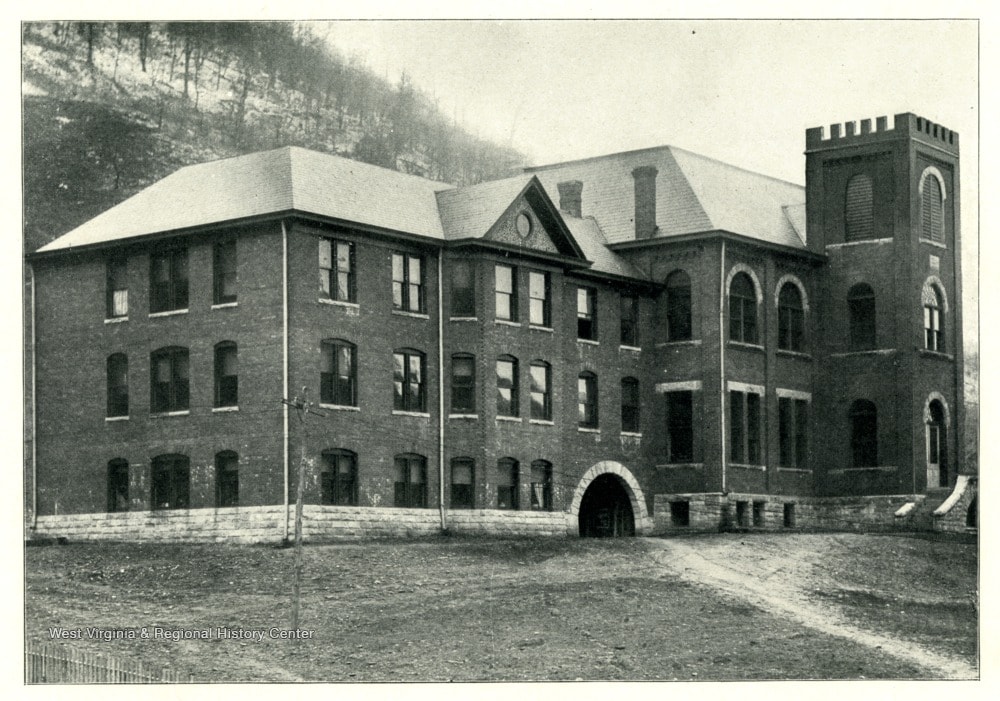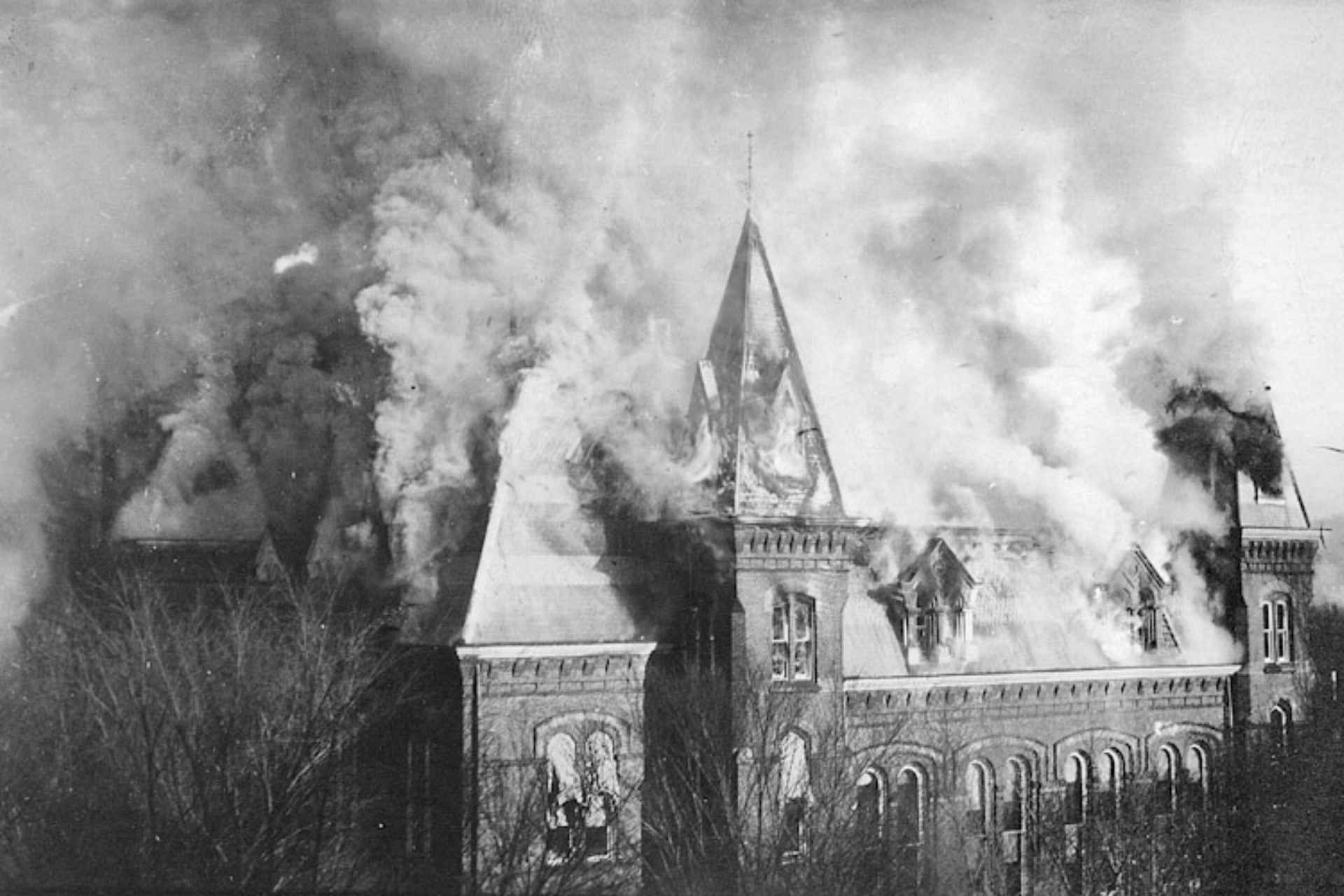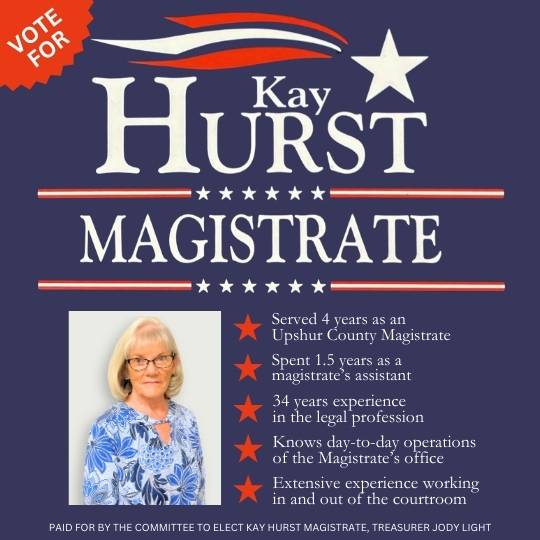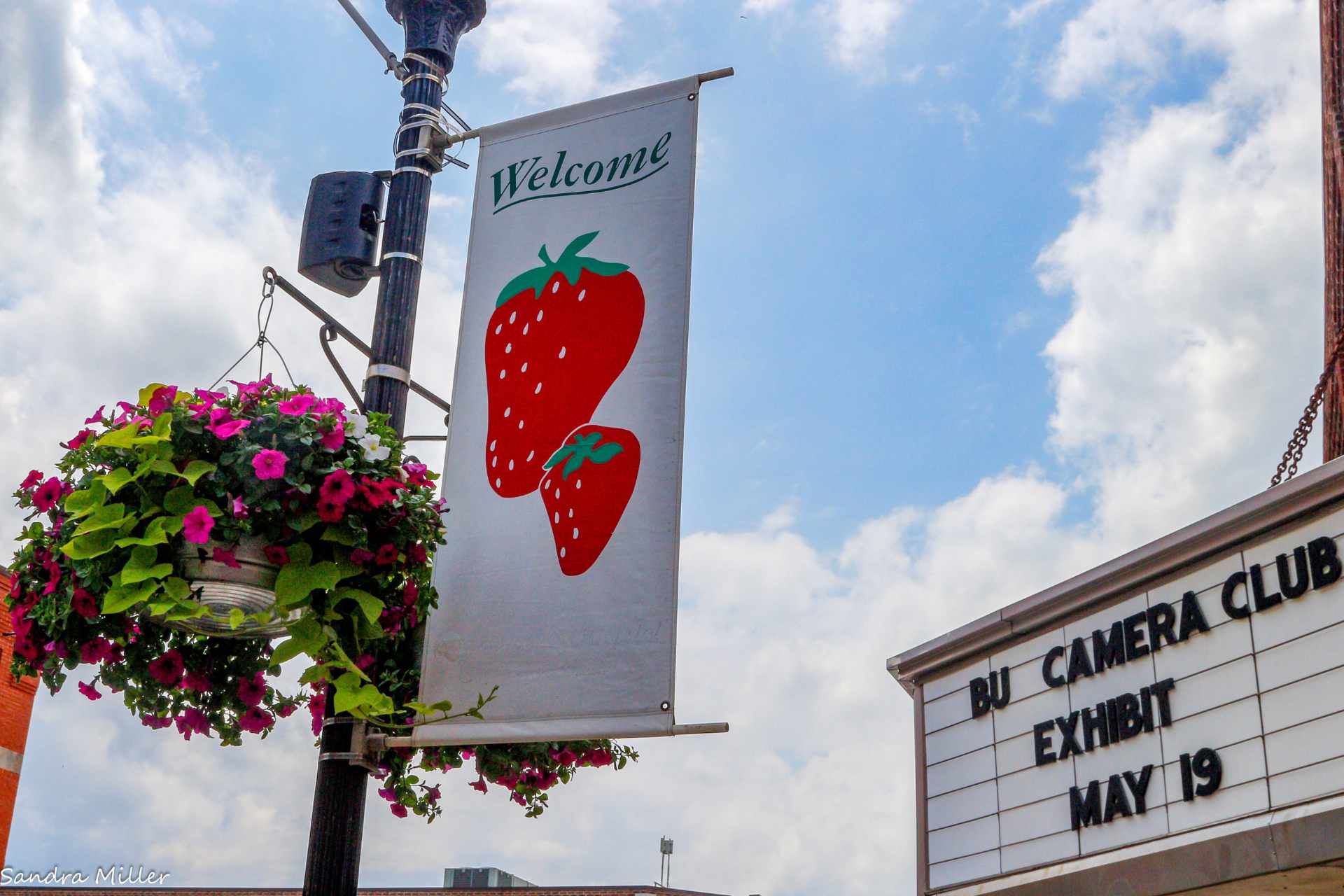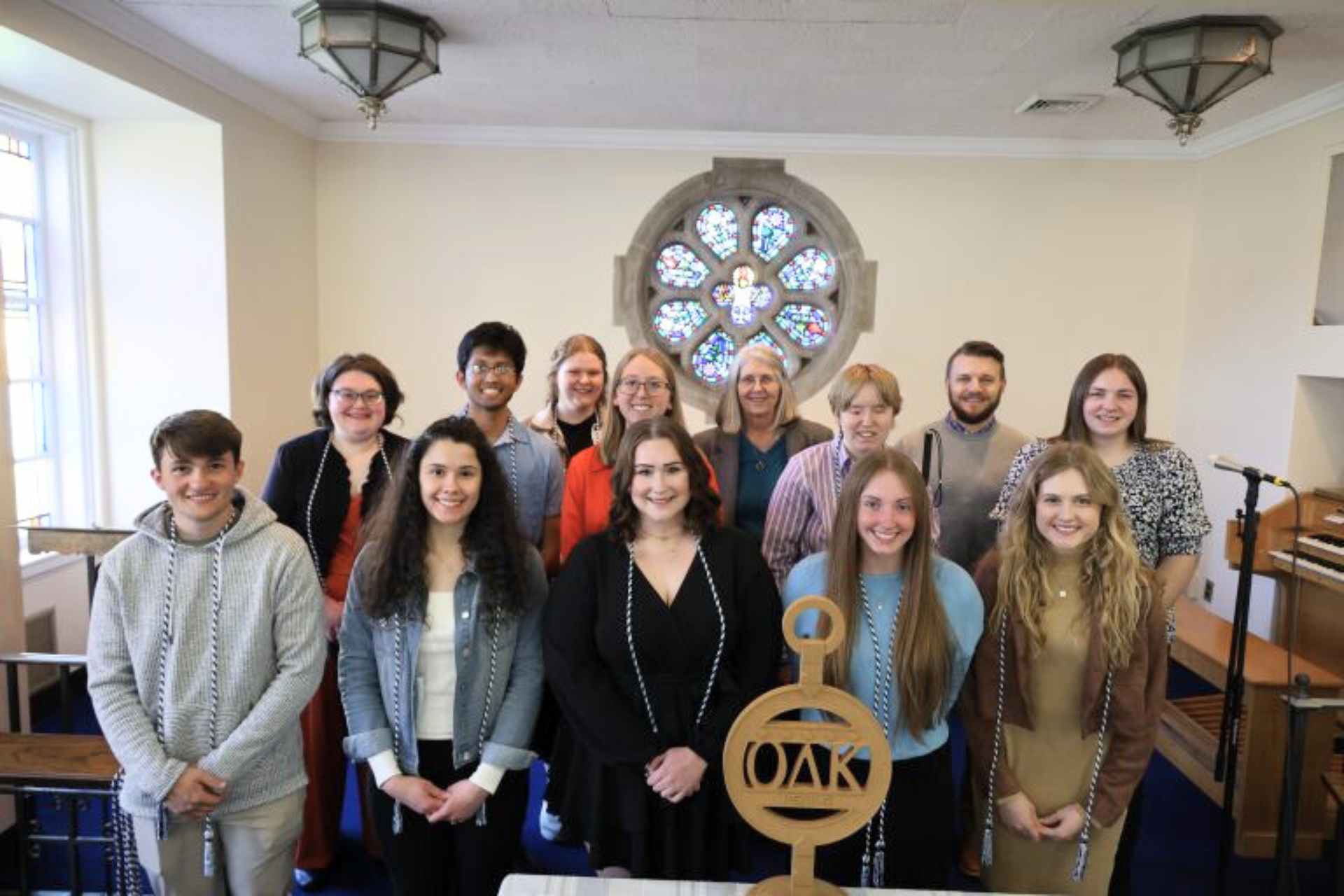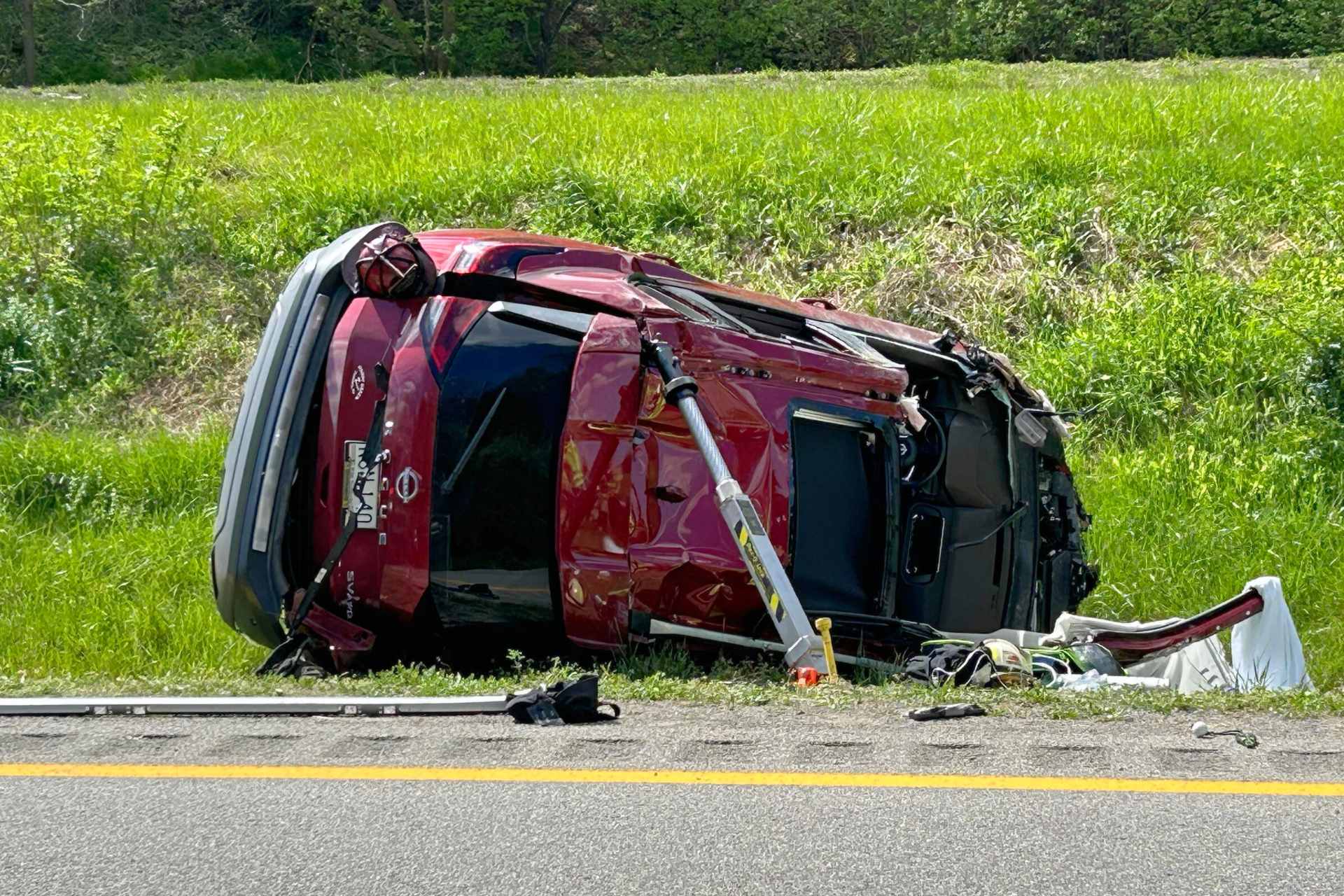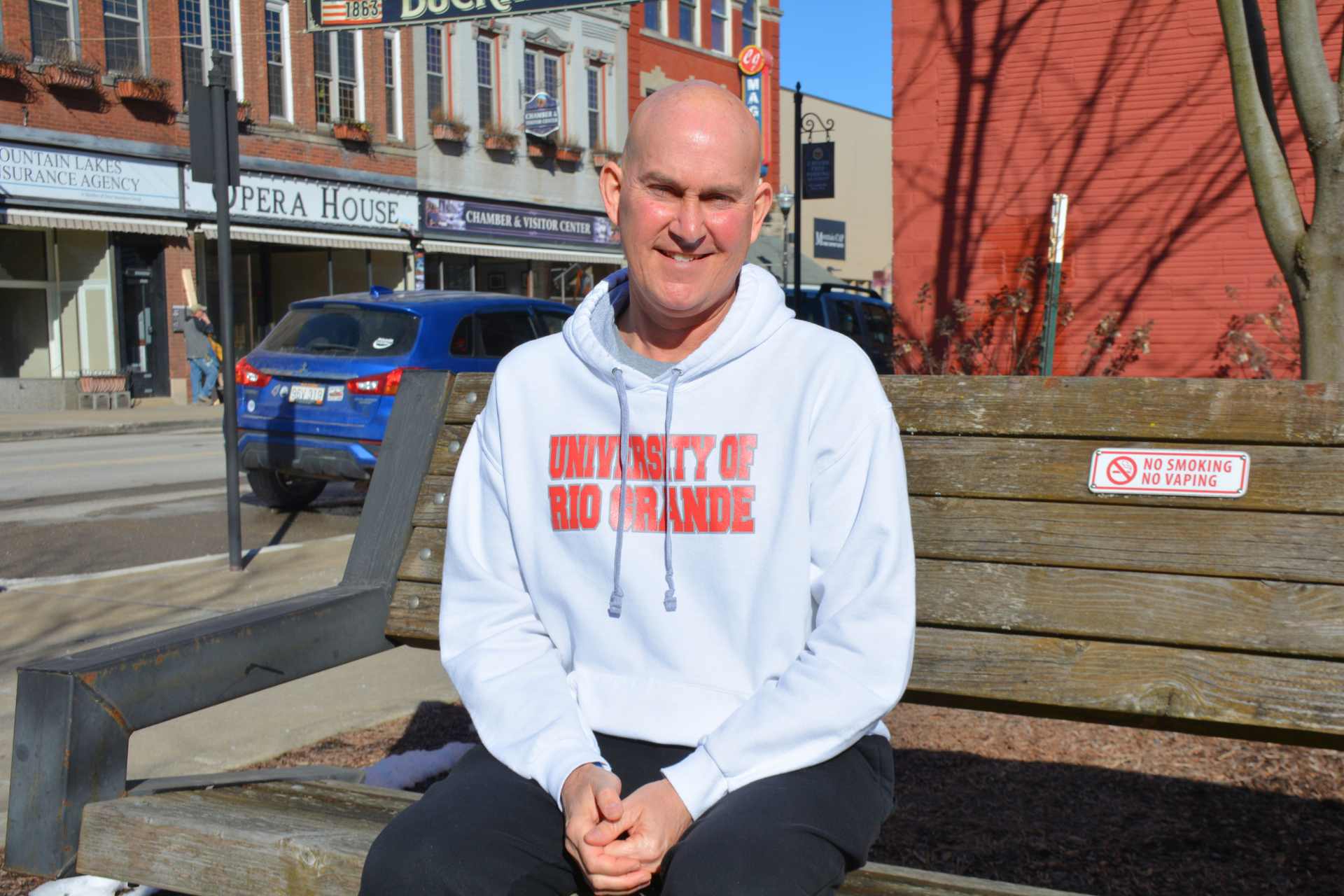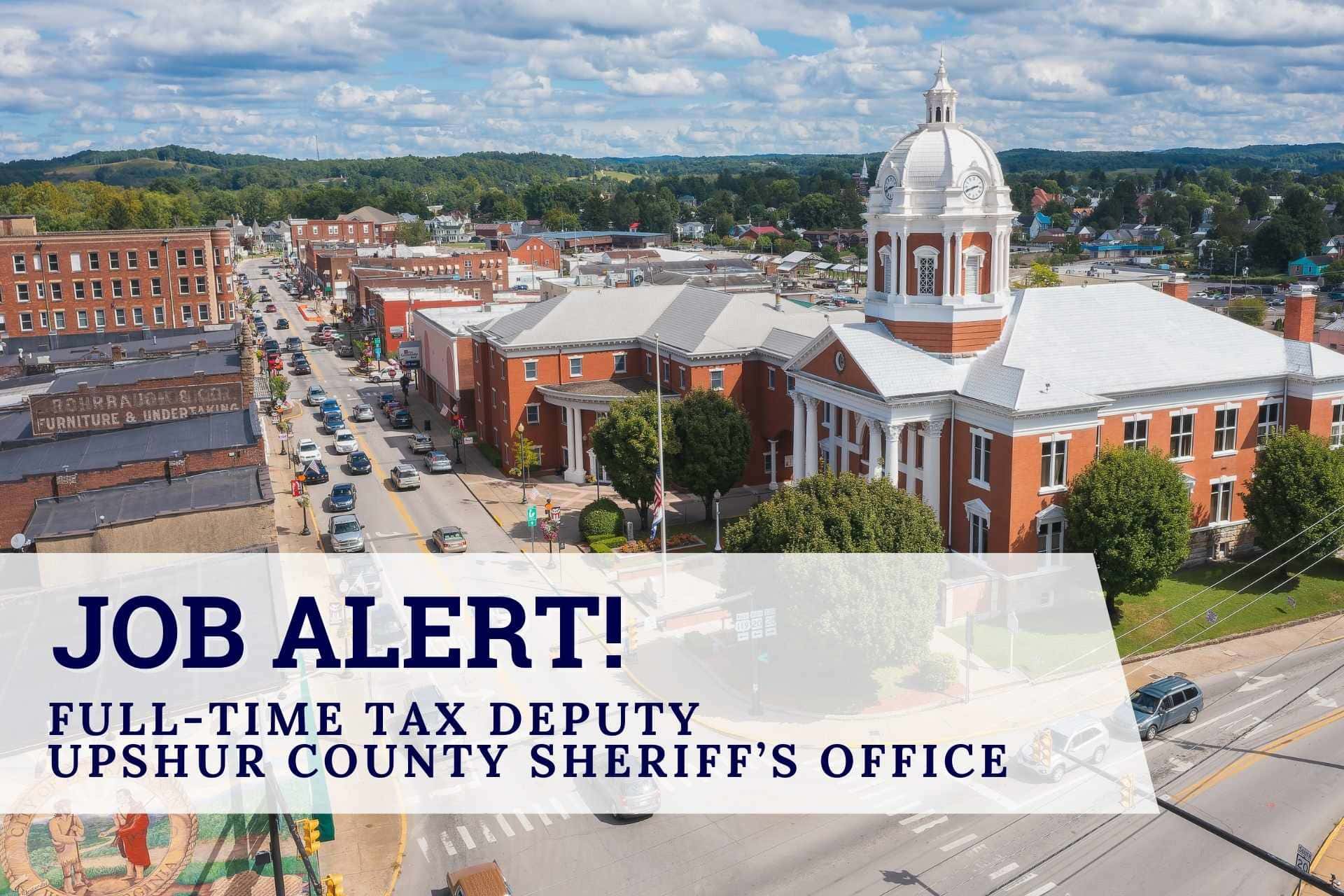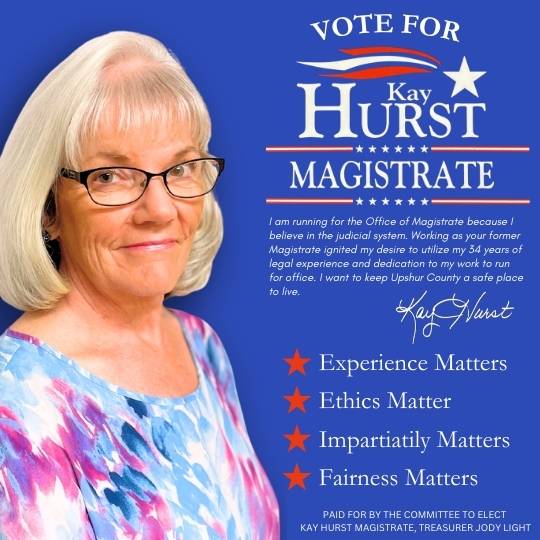Charleston, WV – The following events happened on these dates in West Virginia history. To read more, go to e-WV: The West Virginia Encyclopedia at www.wvencyclopedia.org.
Jan. 1, 1859: Michael Joseph Owens was born in Point Pleasant. A skilled glassblower by age 15, Owens went on to mechanize the making of industrial glass products and launched a factory in Charleston that became the world’s largest producer of window glass.
Jan. 1, 1888: In one of the most violent events of the Hatfield-McCoy Feud, Jim Vance, uncle to “Devil Anse” Hatfield, led an arson attack on the McCoy family cabin. Two of Randall McCoy’s children were killed, and his wife was badly beaten.
Jan. 1, 1953: Country music legend Hank Williams was found dead in his car inOak Hill, Fayette County. He had been scheduled to perform in Charleston the previous night, but the concert was canceled due to bad weather.
Jan. 2, 2006: An explosion at the Sago Mine in Upshur County killed 12 men. Federal investigators pointed to a lightning strike as the most likely ignition source for the blast.
Jan. 3, 1856: Musician Lewis Johnson “Uncle Jack” McElwain was born. He was the most respected fiddler in central West Virginia during his lifetime. He took part in many fiddle contests, and no one can recall him ever being beaten.
Jan. 3, 1921: The state capitol building in Charleston was destroyed by fire. The so-called Victorian capitol, the second one in Charleston, had opened in 1887. A temporary wood-frame building, known as the “pasteboard capitol,” was erected in just 42 days. It burned in 1927.
Jan. 4, 1897: Classes began at Montgomery Preparatory School, a state institution established to prepare students for West Virginia University. The school evolved into the West Virginia University Institute of Technology.

Jan. 5, 1810: The Virginia General Assembly recognized 20 acres of land owned by farmer and trader Thomas Buffington at the confluence of the Guyandotte and Ohio rivers as the new village of Guyandotte.
Jan. 6, 1828: Ward Hill Lamon was born in Jefferson County. Lamon was friend, law partner and unofficial bodyguard to President Abraham Lincoln. Lincoln sent Lamon to Richmond on business, and the President was assassinated while his bodyguard was away.
Jan. 6, 1931: An underground gas explosion killed eight men at the Glen Rogers coal mine in Wyoming County—eight years after another explosion had killed 27 at the same mine.
Jan. 6, 1948: Bob Wise was born in Washington D.C. He served in Congress and was the state’s 33rd governor.
Jan. 7, 1955: The Cedar Lakes Conference Center officially opened, though it was not named until 1957. The name was chosen for its two lakes and an abundance of native cedar trees.
e-WV: The West Virginia Encyclopedia is a project of the West Virginia Humanities Council. For more information, contact the West Virginia Humanities Council, 1310 Kanawha Blvd. E., Charleston, WV 25301; (304) 346-8500; or visit e-WV at www.wvencyclopedia.org.
